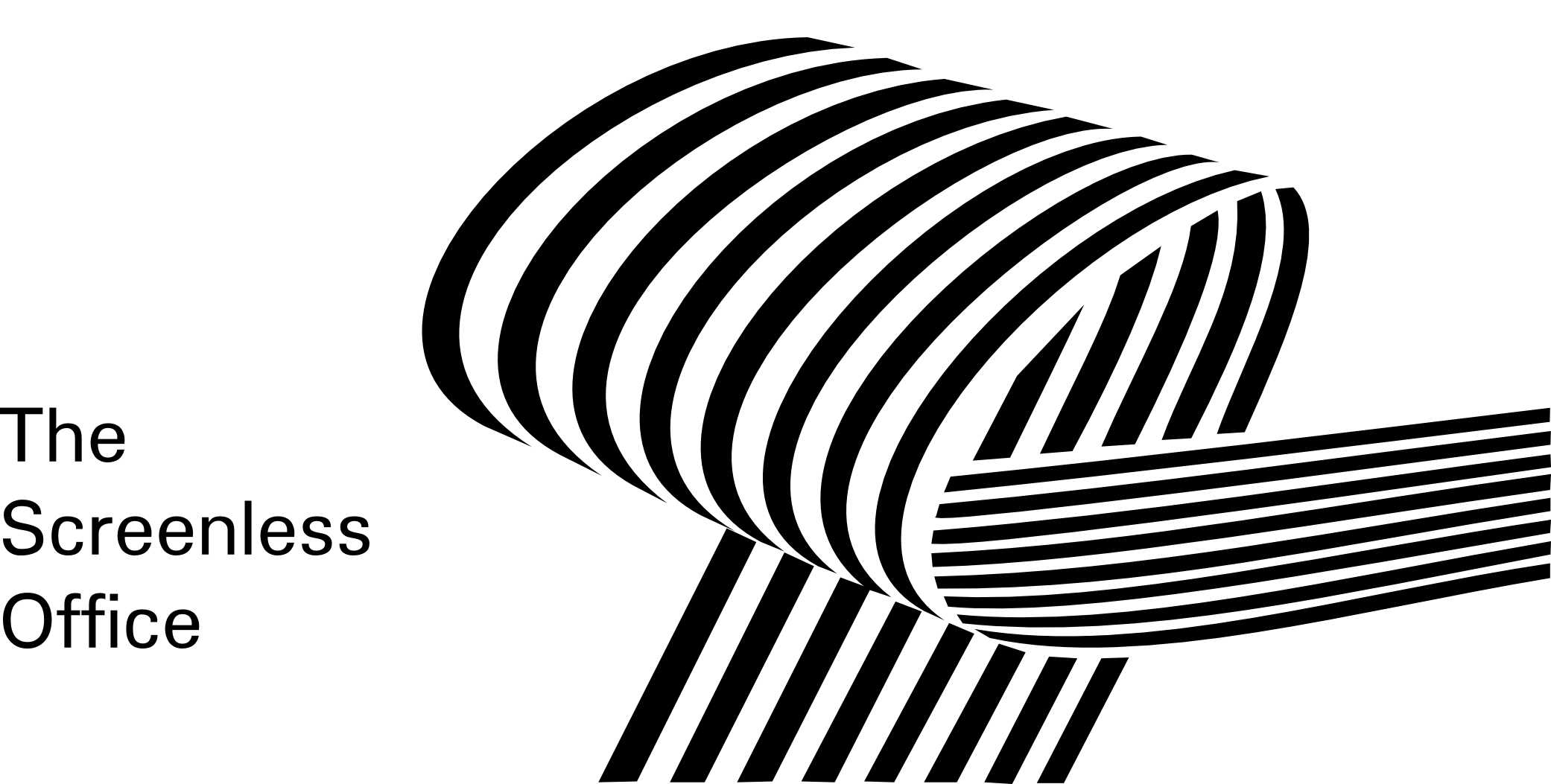
...the wealth of information means a dearth of something else: a scarcity of whatever it is that information consumes. What information consumes is rather obvious: it consumes the attention of its recipients. Hence a wealth of information creates a poverty of attention. - Herb Simon, 1971
Another aspect of contemporary screen-based culture is the constant psychic conflict often referred to as the "Attention Economy". In just trying to watch one youtube video, a typical user is confronted with dozens of other appeals to focus somewhere else: comments, ratings, related videos, advertisements, video responses, etc. Because screen-based interaction is premised on temporal immediacy, we are, as users forced into a state of hyper-attention where we must constantly fight against the, largely commercial, attempts to make us look at something else. When we remove the screen (and by necessity, simplify the interface) we introduce a new form of temporality, where the speed of interaction might more accurately reflect our ability to percieve and understand information.
And by slowing down the interaction, without removing our access to information, we return a bit of control to the user who is now free to integrate these printed artifacts into her physical surroundings. Instead of contorting our bodies and focussing exclusively on a square of glass, we bring the digital into a tangible world where we are free to move around, rearrange our desk and incorporate them in our embodied social life. Instead of contorting our homes and offices with complex, error-prone IT systems as proposed by the "Internet of Things" (IoT), we create "things of the internet", dumb objects which become sophisticated only in their content and context.